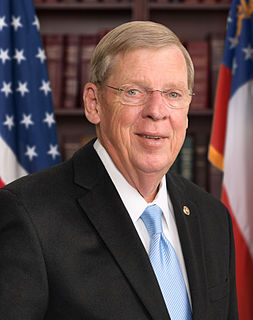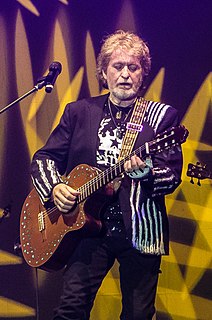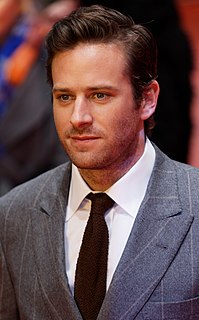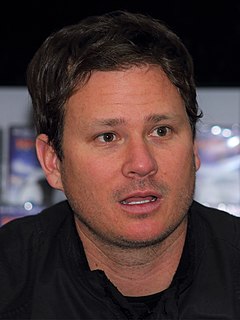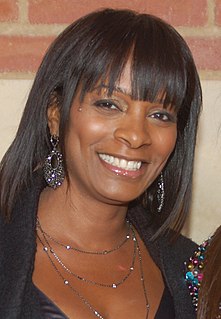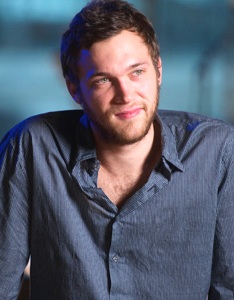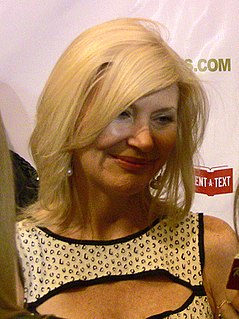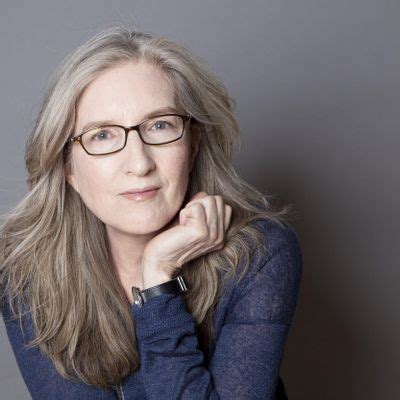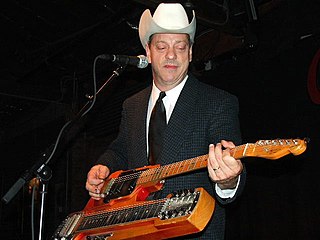A Quote by Erik Wiegand
The positive thing about collaborating is that I cannot get distracted by coding work, because I cannot waste the other collaborator's time in the same way as I can my own. And it's always good to learn how the other person works, learn about techniques, learn social things like: how do you communicate with another person? The music I make with other people I'm much more confident about, I'm a little bit less judgemental of the outcome than with my own stuff because I know it's not only me, it's a more outside of me. Sometimes I even like them better than my own tracks.
Quote Topics
About
Always
Another
Because
Because I Can
Better
Bit
Cannot
Coding
Collaborating
Collaborator
Communicate
Confident
Distracted
Even
Get
Good
How
Judgemental
Know
Learn
Less
Like
Little
Little Bit
Make
Me
More
Much
Music
My Own
Only
Other
Outcome
Outside
Own
People
Person
Positive
Same
Social
Sometimes
Stuff
Techniques
Than
Them
Thing
Things
Time
Tracks
Waste
Way
Work
Works
Related Quotes
When you learn to read and write, it opens up opportunities for you to learn so many other things. When you learn to read, you can then read to learn. And it's the same thing with coding. If you learn to code, you can code to learn. Now some of the things you can learn are sort of obvious. You learn more about how computers work.
I think we all have the same spirituality deep inside and we grow to learn more about it all the time, and we try very hard to become better people as we grow. We search all the time for the truth. We learn more about the world and we can't have thoughts like, "We are better than them" or "They are not good enough for God". This is very bad way of thinking, you know?
Searching out directors you respect and that you can learn from that's always the dream. That's the goal. That's hopefully where this whole thing is leading, and what better way to learn about directing and learn about what works and what I like and what resonates me than by working with a bunch of great directors.
If I've learned anything, it's there's just no drama, which is awesome. I've also just learned to read when it's a good time to talk about something serious and when it's not. And whenever I start to have a conversation with them, and I kind of see their eyes start to glaze over, I'm like, 'Okay, another time is better.' You learn how to compromise and you learn how to read each other. Honestly, being in a band with two guys has prepared me so much for when it's time for me to get married!
It's about how you exist as a person in the world, and the idea that your work is more important than you as a person is a horrible, horrible message. I always think about a little gay boy in Wisconsin or a little lesbian in Arkansas seeing someone like me, and if I cannot be open in my life, how on earth can they?
When you work with a major label they create their own message for you and a lot of the time that works great, or at least it did back in the 90's but now it doesn't work, so I think as an artist if you learn your own business, like anybody would when they want to start a little restaurant - they'd figure it out and then build it and they work hard - then it could be your own little business that you grew to as big as you want it to be but you had much more control with how to communicate it and how it's cared for.
I don't think I avoided being type cast, because I do sometimes get similar roles. It is not a bad thing because we are strong at what we are strong at, not meaning that we cannot do other things, but sometimes somebody else might bring a little more realism than you, because that is more of who they are than who you are. I do get a chance to play other people and other types of roles.
To sing with other people and for other people, that's when you can really learn something about your voice. You can only learn so much if you create your own boundaries all the time. But then, other people can really teach you something. You know, if you're trying to sing with them, or if someone brings a style.
I've written with people who aren't like me, then I've written with people who totally get it. It's like a blind date, and you never know what's going to happen. But it's really cool because they learn from you, and you learn a little bit from them. And sometimes it works out, and sometimes it doesn't.
Sometimes it's more generous to take than give, he said. "How?" Caroline asked. "To let the other person give you what he has to offer. If you're always the one giving, you never have to feel disappointed, because you don't expect anything in return. But it's miserly in its own way. Because you never leave yourself open or give the other person a chance.
Hendrix was back there with a few of the others who were like my training wheels ... hearing him as a teenager taught me to look at the guitar in a different way - and how to tap into that thing inside of me that was already leaning toward improvisation. You learn other players' licks at first; then you take off the training wheels and start using the licks as building blocks to make your own thing. That's how influences work. somewhere in whatever I do, there's a little bit of Hendrix - plus about a hundred others


